10 Questions to Ask During Your First Fertility Appointment
When going to sit down with a fertility specialist for the first time, it’s easy to get overwhelmed and forget to ask the questions you’ve been wanting to. Here’s a quick list to help you prepare. Make notes that apply to you and your partner and take it with you to help guide the discussion.
Feeling heard and understood from the origin of the relationship helps build trust and respect, which prove to be vital to also feeling cared for by your physician and clinic.
Informed patients are good at self-advocating, so plan to speak up when you have the opportunity.
-
What are the most common causes of infertility for our age group?
Understanding the potential causes of infertility is crucial. Ask your RE about the factors that could be contributing to your difficulty in conceiving, such as ovulatory disorders, sperm abnormalities, fallopian tube blockages, or endometriosis. -
Ask about the specific tests needed to identify the root cause of your infertility.
The most common tests include hormone level assessments, semen analysis, ultrasound evaluations, hysterosalpingography (HSG), and even laparoscopy. Knowing the diagnostic process can help you prepare mentally and emotionally. -
What treatment options are best suited to your specific situation?
These may include timed intercourse (TI), intrauterine insemination (IUI), or in vitro fertilization (IVF). Understanding the range of options can help you make informed decisions about your specific infertility journey. -
What are the success rates associated with different treatment options?
Inquire about success rates related to your age, diagnosis, and any specific circumstances that may affect outcomes. Then ask how your clinic’s success rates stack up to the national average. You can look up your clinic’s live birth rates on: https://www.sart.org -
For our age group, how many cycles are usual for TIC? IUI? IVF?
The number of cycles can vary depending on the age and health of the couple. Find your clinic's average number of cycles for each option presented. -
What is the average cost for the diagnostic process? Subsequent treatment series?
Costs can vary tremendously based on the clinical approach and the factors involved in your case. Planning your budget based on the national average can help you forecast the future of your journey. -
Are there any scholarships or financial assistance options available?
Investigate these options even if you think you won’t qualify for them. Sometimes you might get assistance for a portion of treatment, such as evaluations or medications. Don’t forget to look up grant options outside of your clinic! -
Are there any financial returns if we are unable to generate a pregnancy or embryos via treatments?
Some clinics have offered some money back for cycles or procedures that cannot continue if there is an undesirable result. Inquire how your clinic handles that scenario. -
Are there any lifestyle modifications, such as dietary changes, exercise routines, or stress reduction techniques like acupuncture, that may enhance your fertility or treatment outcomes?
These vary tremendously between clinics and physicians. Have a candid conversation about how your doctor likes to approach this topic, it can also influence how you approach any treatment they recommend. -
What are treatment risks and complications for either partner to know about in advance? Is there any evidence that suggests fertility treatments can negatively affect your health?
Depending on your age, health, risk factors, and medical history there might be aspects of fertility treatments that cause concern. Open the door for discussion and any personal concerns from the outset so that your physician can incorporate them into the treatment plan and approach as you move forward.
Remember, different clinics and physicians can have very different treatment approaches. If you feel the need for a second opinion from the start, go get it. The fertility journey can be much longer than anticipated, so feeling comfortable and confident in your care team is important from the start.
It is easier to investigate up front and get prepared for what lies ahead, instead of finding out while you're already well into treatment. Do the best you can gathering information from the outset.

